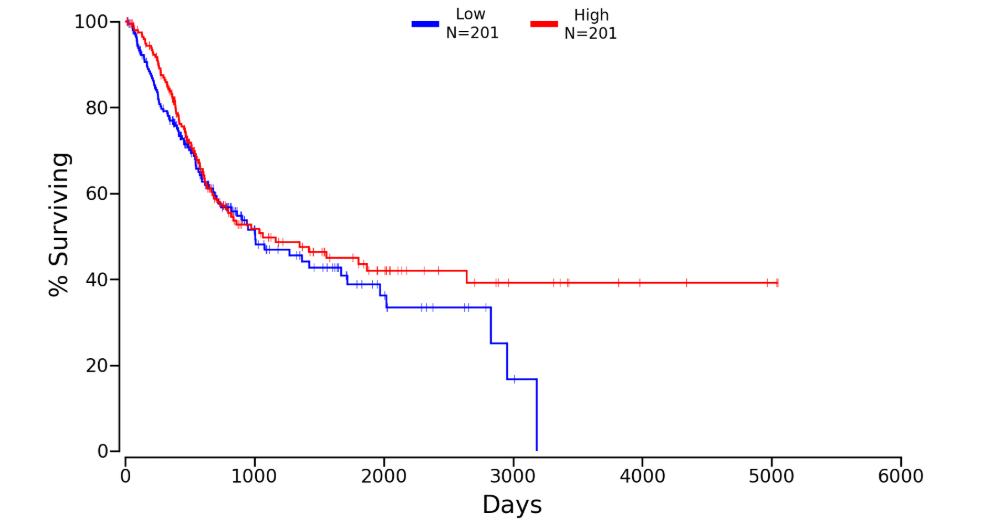HIPK2
Entrez ID: 28996
Full name: homeodomain interacting protein kinase 2
External links: HGNC UniprotKB Ensembl RefSeq COSMIC
Family: CMGC: DYRK: HIPK
Chromosomal location: 7q34
Substructure location: Gatekeeper: A-loop: G-loop: αC-helix:
Please click HERE
for better display.
HIPK2
Serine/threonine-protein kinase involved in transcription regulation, p53/TP53-mediated cellular apoptosis and regulation of the cell cycle. Acts as a corepressor of several transcription factors, including SMAD1 and POU4F1/Brn3a and probably NK homeodomain transcription factors. Phosphorylates PDX1...
Serine/threonine-protein kinase involved in transcription regulation, p53/TP53-mediated cellular apoptosis and regulation of the cell cycle. Acts as a corepressor of several transcription factors, including SMAD1 and POU4F1/Brn3a and probably NK homeodomain transcription factors. Phosphorylates PDX1, ATF1, PML, p53/TP53, CREB1, CTBP1, CBX4, RUNX1, EP300, CTNNB1, HMGA1 and ZBTB4. Inhibits cell growth and promotes apoptosis through the activation of p53/TP53 both at the transcription level and at the protein level (by phosphorylation and indirect acetylation). The phosphorylation of p53/TP53 may be mediated by a p53/TP53-HIPK2-AXIN1 complex. Involved in the response to hypoxia by acting as a transcriptional co-suppressor of HIF1A. Mediates transcriptional activation of TP73. In response to TGFB, cooperates with DAXX to activate JNK. Negative regulator through phosphorylation and subsequent proteasomal degradation of CTNNB1 and the antiapoptotic factor CTBP1. In the Wnt/beta-catenin signaling pathway acts as an intermediate kinase between MAP3K7/TAK1 and NLK to promote the proteasomal degradation of MYB. Phosphorylates CBX4 upon DNA damage and promotes its E3 SUMO-protein ligase activity. Activates CREB1 and ATF1 transcription factors by phosphorylation in response to genotoxic stress. In response to DNA damage, stabilizes PML by phosphorylation. PML, HIPK2 and FBXO3 may act synergically to activate p53/TP53-dependent transactivation. Promotes angiogenesis, and is involved in erythroid differentiation, especially during fetal liver erythropoiesis. Phosphorylation of RUNX1 and EP300 stimulates EP300 transcription regulation activity. Triggers ZBTB4 protein degradation in response to DNA damage. Modulates HMGA1 DNA-binding affinity. In response to high glucose, triggers phosphorylation-mediated subnuclear localization shifting of PDX1. Involved in the regulation of eye size, lens formation and retinal lamination during late embryogenesis.
View more >>
GO - Biological processes (BP):
adult walking behavior, anterior/posterior pattern specification, cellular response to hypoxia, DNA damage response, signal transduction by p53 class mediator resulting in transcription of p21 class mediator, embryonic camera-type eye morphogenesis, embryonic retina morphogenesis in camera-type eye,...
adult walking behavior, anterior/posterior pattern specification, cellular response to hypoxia, DNA damage response, signal transduction by p53 class mediator resulting in transcription of p21 class mediator, embryonic camera-type eye morphogenesis, embryonic retina morphogenesis in camera-type eye, erythrocyte differentiation, eye development, intrinsic apoptotic signaling pathway, intrinsic apoptotic signaling pathway in response to DNA damage by p53 class mediator, iris morphogenesis, lens induction in camera-type eye, modulation by virus of host morphology or physiology, negative regulation of BMP signaling pathway, negative regulation of neuron apoptotic process, negative regulation of transcription by RNA polymerase II, negative regulation of ubiquitin-dependent protein catabolic process, neuron differentiation, peptidyl-serine phosphorylation, peptidyl-threonine phosphorylation, PML body organization, positive regulation of angiogenesis, positive regulation of cell population proliferation, positive regulation of DNA binding, positive regulation of DNA-binding transcription factor activity, positive regulation of JNK cascade, positive regulation of protein binding, positive regulation of transcription, DNA-templated, positive regulation of transcription by RNA polymerase II, positive regulation of transforming growth factor beta receptor signaling pathway, protein phosphorylation, regulation of cell cycle, regulation of signal transduction by p53 class mediator, retina layer formation, SMAD protein signal transduction, smoothened signaling pathway, transforming growth factor beta receptor signaling pathway, voluntary musculoskeletal movement
View more >>
GO - Molecular function (MF):
ATP binding, protein kinase activity, protein serine/threonine kinase activity, protein tyrosine kinase activity, RNA polymerase II activating transcription factor binding, SMAD binding, transcription coactivator activity, transcription corepressor activity, virion binding...
ATP binding, protein kinase activity, protein serine/threonine kinase activity, protein tyrosine kinase activity, RNA polymerase II activating transcription factor binding, SMAD binding, transcription coactivator activity, transcription corepressor activity, virion binding
View more >>
GO - Cellular component (CC):
nuclear body, nucleoplasm, nucleus, PML body, RNA polymerase II transcription factor complex, cytoplasm...
nuclear body, nucleoplasm, nucleus, PML body, RNA polymerase II transcription factor complex, cytoplasm
View more >>
homeodomain interacting protein kinase 2
Control panel
Show dataset:
Show substructure:
All sites
Gatekeeper
A-loop
G-loop
αC-helix
Gatekeeper
A-loop
G-loop
αC-helix
Filter mutation sites
All sites
Minimum 5 samples
Minimum 10 samples
Minimum 5 samples
Minimum 10 samples
Data table is loading....
Kaplan plot for HIPK2 in

Download patient group data (Lower:Upper = 50%:50%)
*NOTE: the Kaplan plots were collected from OncoLnc